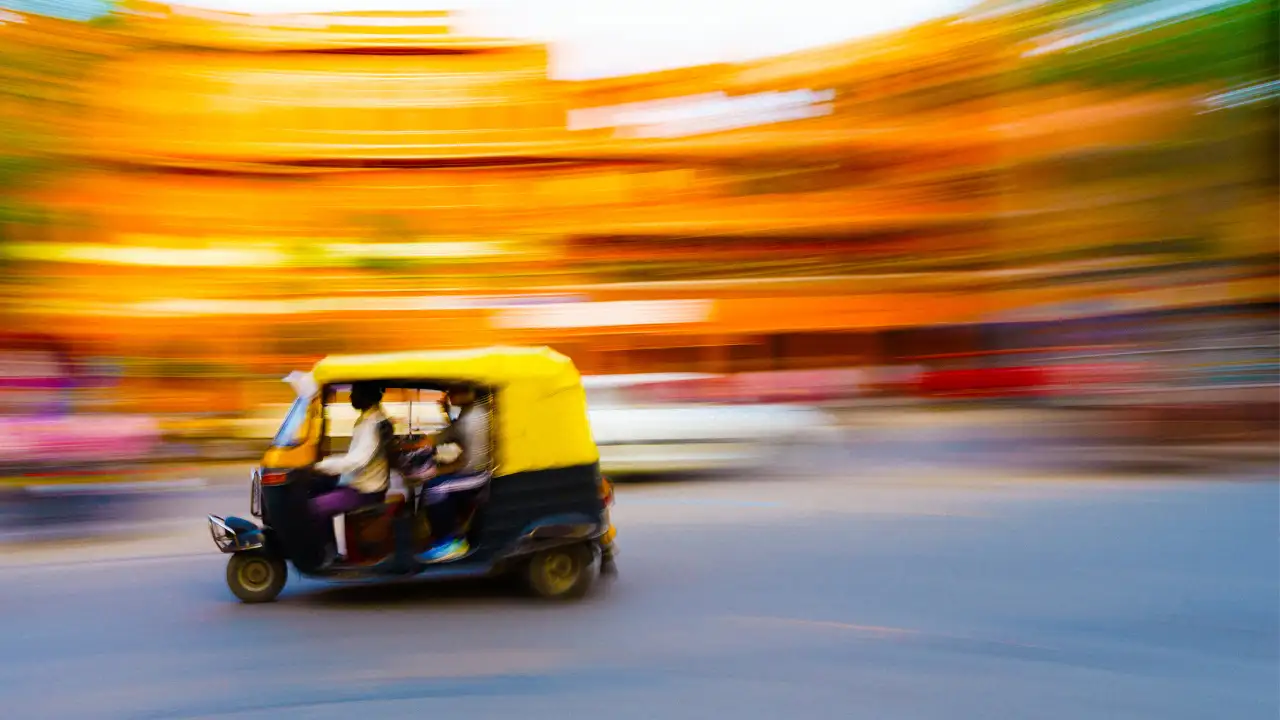By Avni Arya
Bengaluru: After months of back-and-forth, the Karnataka government has finally paved the way for a hike in auto-rickshaw fares in Bengaluru. The base fare is set to increase from Rs 30 to Rs 36 for the first 1.9 kilometres, while the per kilometre rate thereafter will rise from Rs 15 to Rs 18, a 20 percent overall hike. The proposal, submitted by the District Transport Authority (DTA), has received clearance from Transport Minister Ramalinga Reddy and is now awaiting final approval from Chief Minister Siddaramaiah, which sources say is likely in the coming days, as per a DH report. “The decision has been made and will be officially communicated soon,” authoritative sources in the state government told Deccan Herald. Fare Hike Based on Detailed ReviewThe recommendation for the fare revision came after a detailed study by a five-member committee appointed by the DTA. The panel evaluated passenger demand, operational challenges, and city traffic conditions, and held consultations with major stakeholders earlier this March. The city’s prominent unions, the Auto Rickshaw Drivers’ Union (ARDU) and the Adarsh Auto and Taxi Drivers’ Union (AATDU), had lobbied for a steeper hike, proposing a base fare of Rs 40 and a per kilometre charge of Rs 20. However, the committee settled on a moderate revision, citing commuter affordability and inflationary balance. Bike Taxi Ban Cleared the WayFor a while, the government had been hesitant to implement the hike, fearing backlash from the public and concerns voiced by auto drivers themselves. A key reason for the delay was competition from low-cost bike taxis, which auto unions argued were undercutting their business. However, with the state officially banning bike taxis from June 16, the government finally decided to go ahead with the fare revision. In the past 11 years, auto fares in Bengaluru have been revised only twice, with the last adjustment taking place in November 2021. Many drivers have long argued that the fare structure failed to keep pace with rising fuel prices and cost of living. Concerns Over ImplementationWhile the revision has brought some relief to drivers, it has also sparked practical concerns, particularly around the recalibration of meters. “Drivers would face problems in calculating the exact fare and giving change. Problems will also crop up during meter recalibration, a process that may take up to six months,” said Raghu Narayan Gowda of the Peace Auto Union. He added that the fare structure should have been rounded off to avoid confusion, especially for both drivers and passengers during peak hours and short rides. Get Latest News Live on Times Now along with Breaking News and Top Headlines from Bengaluru and around the world.
